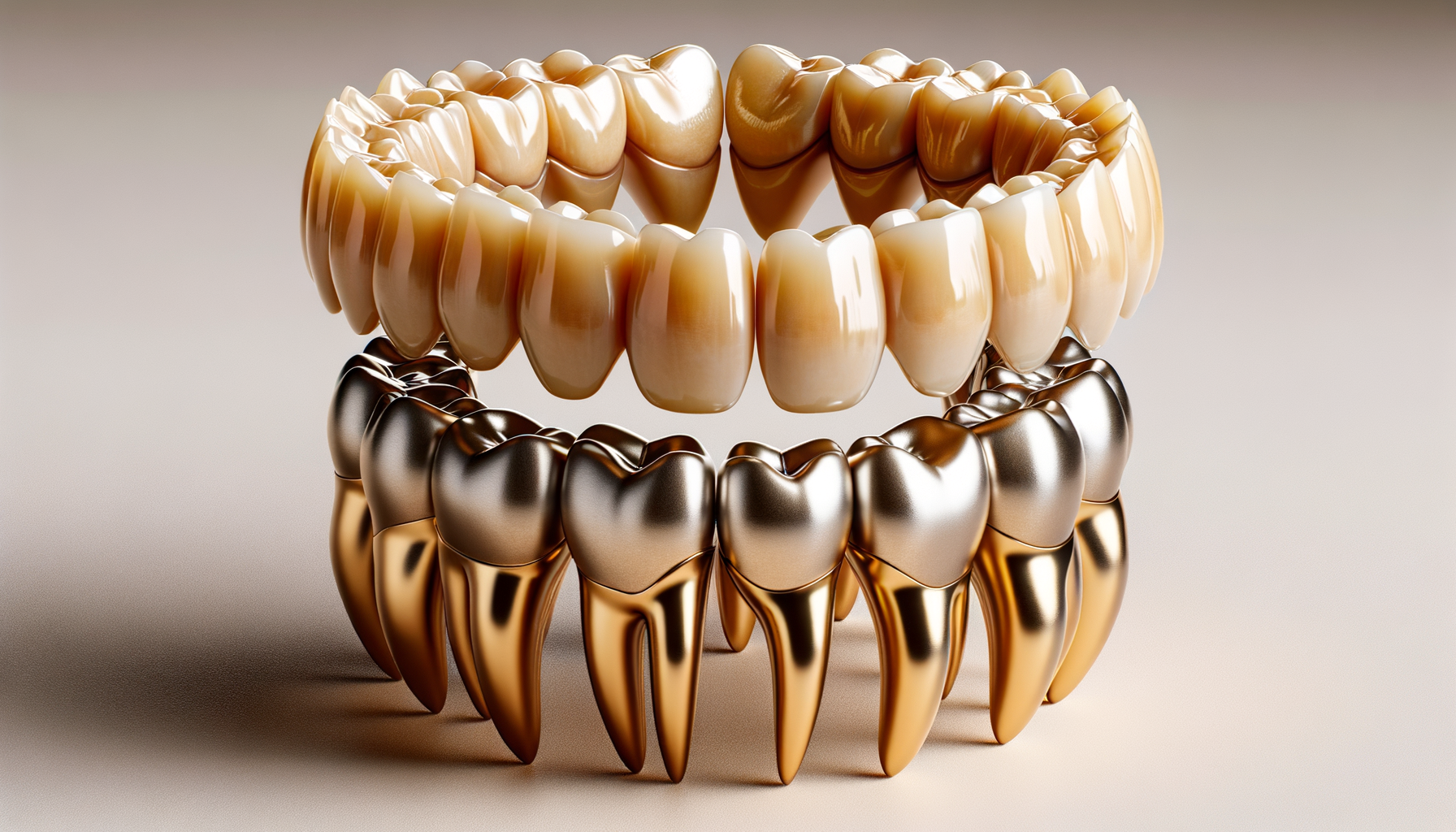
Restore Your Smile with Dental Crowns in the UK: A Reliable Solution for Missing Teeth
Understanding Dental Crowns: What Are They and How Do They Work?
Dental crowns are an effective solution for restoring the function and appearance of damaged or missing teeth. Essentially, a dental crown is a tooth-shaped cap placed over a tooth to enhance its strength, shape, and size, or to improve its appearance. Crowns are commonly used when a large cavity threatens the health of a tooth, following a root canal treatment, or to cover a dental implant.
These crowns can be made from various materials, each chosen for specific benefits. Common materials include:
- Porcelain or ceramic: Known for their natural appearance, they are often used for front teeth.
- Metal alloys: These are durable and suitable for out-of-sight molars.
- Porcelain-fused-to-metal: Combines the strength of metal with the aesthetics of porcelain.
- Resin: A more affordable option, though less durable.
The process of getting a dental crown typically involves two visits to the dentist. During the first visit, the dentist will examine and prepare the tooth, taking impressions to create a custom crown. A temporary crown is placed while the permanent one is being made. On the second visit, the temporary crown is removed, and the new crown is fitted and cemented into place.
The Benefits of Dental Crowns: More Than Just Aesthetic Appeal
Dental crowns offer a multitude of benefits beyond just enhancing the aesthetic appeal of your smile. One of the primary advantages is the restoration of functionality. With a dental crown, you can chew and speak more effectively, which is crucial for maintaining a balanced diet and clear communication.
Moreover, crowns provide an extra layer of protection for your teeth. They can prevent further decay or damage by encasing the vulnerable tooth in a protective shell. This is particularly beneficial after procedures like root canals, where the tooth structure has been compromised.
In addition to functional benefits, dental crowns can significantly boost an individual’s confidence. A complete, natural-looking smile can enhance self-esteem and improve social interactions. Whether it’s for professional settings or personal relationships, feeling confident about your smile can make a significant difference.
Furthermore, dental crowns can help maintain the alignment of your teeth. When a tooth is missing or severely damaged, adjacent teeth may shift, leading to bite issues or misalignment. Crowns help maintain the proper spacing and alignment of your teeth, contributing to overall oral health.
Choosing the Right Dental Crown: Factors to Consider
When considering dental crowns, it’s essential to choose the right type for your specific needs. Several factors can influence this decision, including the location of the tooth, the function of the tooth, the amount of natural tooth remaining, and your personal preferences.
For instance, if the crown is needed for a front tooth, aesthetics may take priority, making porcelain or ceramic crowns a suitable choice due to their natural appearance. On the other hand, if the crown is for a molar, durability might be more important, making metal alloys a better option.
Cost is another factor to consider. While resin crowns are more affordable, they may not last as long as porcelain-fused-to-metal or ceramic crowns. It’s important to discuss with your dentist the long-term benefits and costs associated with each type of crown.
Additionally, consider your lifestyle and habits. If you are prone to grinding your teeth or have a history of dental issues, your dentist might recommend a more durable material to withstand wear and tear.
Ultimately, the choice of a dental crown should be a collaborative decision between you and your dentist, taking into account your oral health needs, aesthetic desires, and budget. By understanding the different options and their benefits, you can make an informed decision that will enhance your dental health and confidence.


